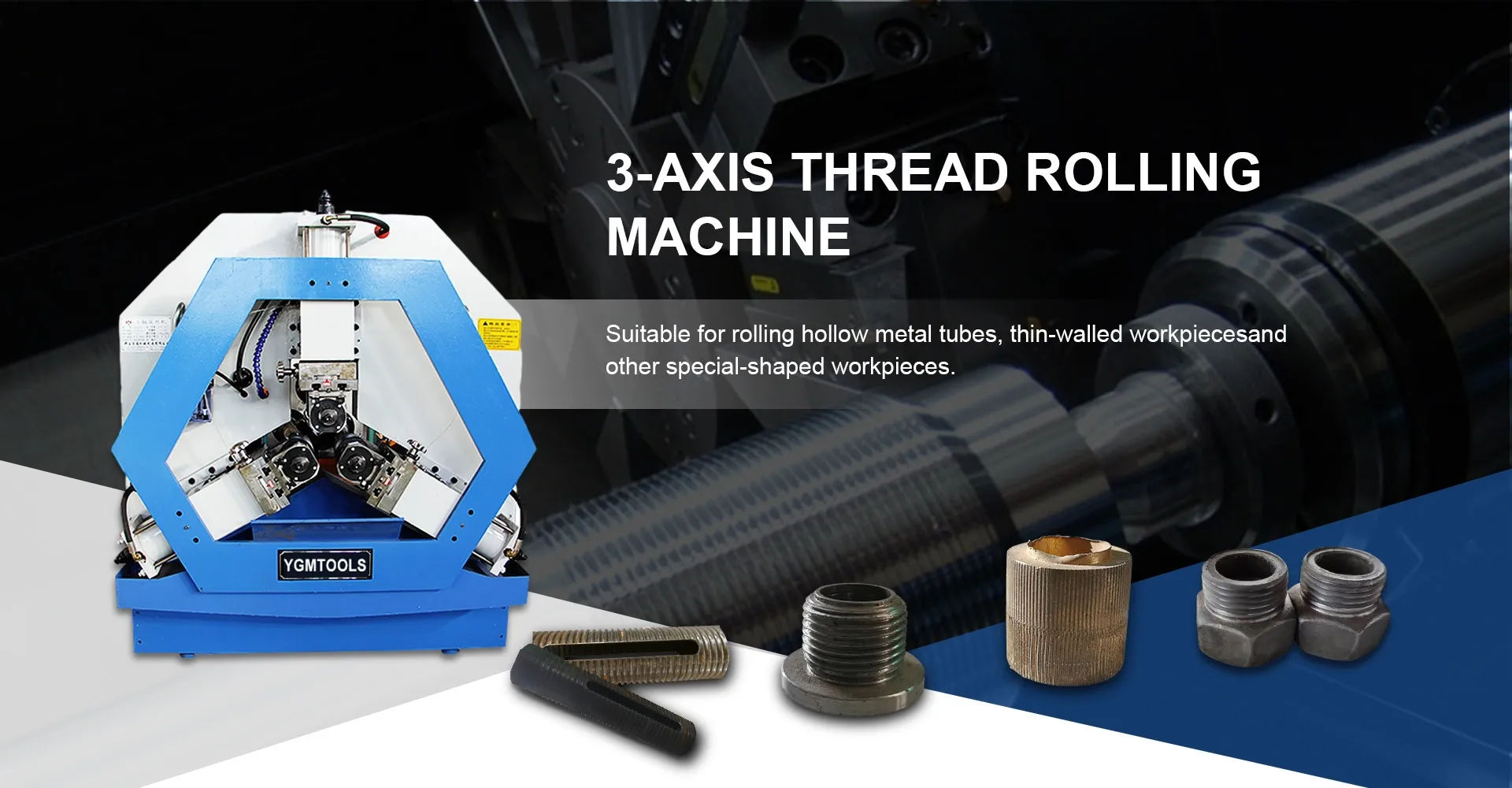
-
 Afrikaans
Afrikaans -
 Albanian
Albanian -
 Amharic
Amharic -
 Arabic
Arabic -
 Armenian
Armenian -
 Azerbaijani
Azerbaijani -
 Basque
Basque -
 Belarusian
Belarusian -
 Bengali
Bengali -
 Bosnian
Bosnian -
 Bulgarian
Bulgarian -
 Catalan
Catalan -
 Cebuano
Cebuano -
 Corsican
Corsican -
 Croatian
Croatian -
 Czech
Czech -
 Danish
Danish -
 Dutch
Dutch -
 English
English -
 Esperanto
Esperanto -
 Estonian
Estonian -
 Finnish
Finnish -
 French
French -
 Frisian
Frisian -
 Galician
Galician -
 Georgian
Georgian -
 German
German -
 Greek
Greek -
 Gujarati
Gujarati -
 Haitian Creole
Haitian Creole -
 hausa
hausa -
 hawaiian
hawaiian -
 Hebrew
Hebrew -
 Hindi
Hindi -
 Miao
Miao -
 Hungarian
Hungarian -
 Icelandic
Icelandic -
 igbo
igbo -
 Indonesian
Indonesian -
 irish
irish -
 Italian
Italian -
 Japanese
Japanese -
 Javanese
Javanese -
 Kannada
Kannada -
 kazakh
kazakh -
 Khmer
Khmer -
 Rwandese
Rwandese -
 Korean
Korean -
 Kurdish
Kurdish -
 Kyrgyz
Kyrgyz -
 Lao
Lao -
 Latin
Latin -
 Latvian
Latvian -
 Lithuanian
Lithuanian -
 Luxembourgish
Luxembourgish -
 Macedonian
Macedonian -
 Malgashi
Malgashi -
 Malay
Malay -
 Malayalam
Malayalam -
 Maltese
Maltese -
 Maori
Maori -
 Marathi
Marathi -
 Mongolian
Mongolian -
 Myanmar
Myanmar -
 Nepali
Nepali -
 Norwegian
Norwegian -
 Norwegian
Norwegian -
 Occitan
Occitan -
 Pashto
Pashto -
 Persian
Persian -
 Polish
Polish -
 Portuguese
Portuguese -
 Punjabi
Punjabi -
 Romanian
Romanian -
 Russian
Russian -
 Samoan
Samoan -
 Scottish Gaelic
Scottish Gaelic -
 Serbian
Serbian -
 Sesotho
Sesotho -
 Shona
Shona -
 Sindhi
Sindhi -
 Sinhala
Sinhala -
 Slovak
Slovak -
 Slovenian
Slovenian -
 Somali
Somali -
 Spanish
Spanish -
 Sundanese
Sundanese -
 Swahili
Swahili -
 Swedish
Swedish -
 Tagalog
Tagalog -
 Tajik
Tajik -
 Tamil
Tamil -
 Tatar
Tatar -
 Telugu
Telugu -
 Thai
Thai -
 Turkish
Turkish -
 Turkmen
Turkmen -
 Ukrainian
Ukrainian -
 Urdu
Urdu -
 Uighur
Uighur -
 Uzbek
Uzbek -
 Vietnamese
Vietnamese -
 Welsh
Welsh -
 Bantu
Bantu -
 Yiddish
Yiddish -
 Yoruba
Yoruba -
 Zulu
Zulu
thread rolling machine
Understanding Thread Rolling Machines A Key to Precision Engineering
In the world of manufacturing and metalworking, thread rolling machines have emerged as indispensable tools. By transforming raw materials into precisely threaded components, these machines contribute significantly to industries ranging from automotive to aerospace. This article delves into the mechanics, advantages, and applications of thread rolling machines, offering a comprehensive overview for engineers and manufacturers alike.
What is a Thread Rolling Machine?
A thread rolling machine is a specialized piece of equipment designed to create external threads on cylindrical workpieces. The process involves deforming the material through cold working rather than cutting, which differentiates it from traditional machining methods. Typically, the machine utilizes a set of hardened rollers, which apply pressure to the material as it passes through, effectively forming the desired thread profile without removing any material.
How Does Thread Rolling Work?
The thread rolling process can be categorized primarily into three types flat die, cylindrical die, and planetary. In the flat die method, two flat dies are employed to exert pressure from either side of the workpiece, which is rotated to create the thread. The cylindrical die approach uses two cylindrical dies that revolve around the material, forming threads as they roll against it. Planetary rolling involves a combination of rotating and linear motion, with the workpiece held stationary while the dies revolve around it.
One of the significant advantages of thread rolling is that it enhances the mechanical properties of the metal, improving its tensile strength. This occurs because the cold working process aligns the grain structure of the material, making it denser and more robust. Additionally, the surface finish achieved through thread rolling is superior to that of cut threads, often reducing the need for further machining or finishing processes.
Advantages of Thread Rolling Machines
Thread rolling machines offer several benefits that make them a preferred choice in precision engineering
.thread rolling machine

1. Increased Strength As previously mentioned, the cold working involved in thread rolling enhances the strength of the threads, which is crucial for components subjected to high stress and strain.
2. Cost-Efficiency While the initial investment in a thread rolling machine may be significant, the reduction in scrap material and the efficiency of the rolling process lead to lower overall manufacturing costs. Additionally, the faster production rates contribute to a higher output, making it a financially sound choice.
3. Superior Surface Finish The finishing quality of rolled threads typically requires less additional processing, which can save time and resources during production.
4. Versatility Thread rolling machines can accommodate various materials, including steel, aluminum, and brass, making them suitable for a wide range of applications across different industries.
5. Minimal Tolerance Issues The process of cold rolling minimizes tolerance variations often seen in cutting processes, thereby enhancing the consistency and reliability of threaded components.
Applications of Thread Rolling Machines
Thread rolling machines find applications in various sectors. In the automotive industry, they are used to manufacture bolts, screws, and fasteners that withstand considerable forces. Aerospace manufacturers rely on these machines for producing critical components where precision and strength are paramount. Additionally, the construction industry benefits from rolled threads in scaffolding and structural components, ensuring safety and reliability in construction practices.
Conclusion
In conclusion, thread rolling machines play a crucial role in modern manufacturing, enhancing the production of threaded components through a process that combines efficiency, strength, and versatility. Their ability to produce high-quality threads with minimal waste makes them an invaluable asset to any manufacturing operation. As industries continue to evolve, the importance of thread rolling technology will only grow, paving the way for advancements in engineering and production practices.
